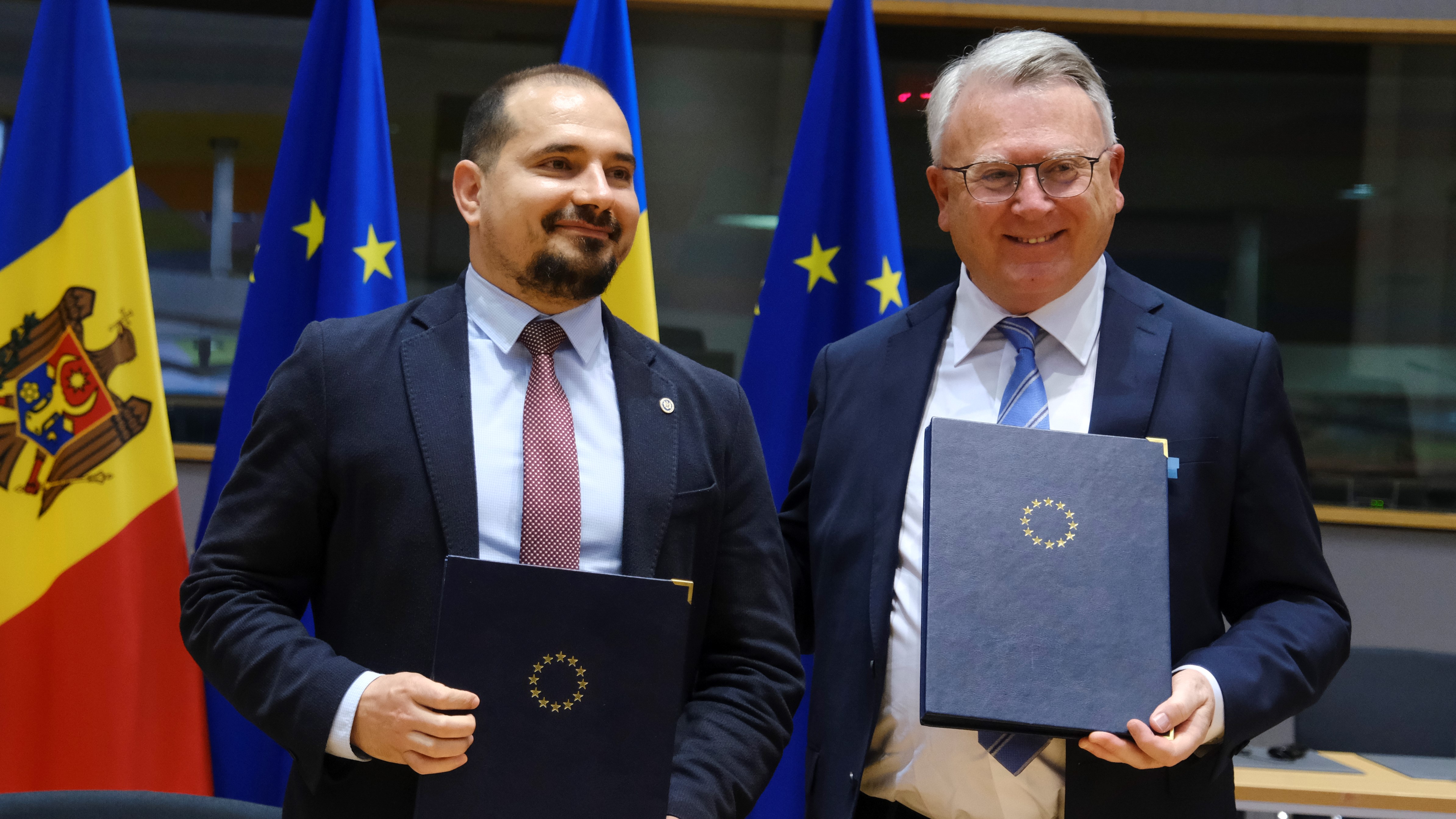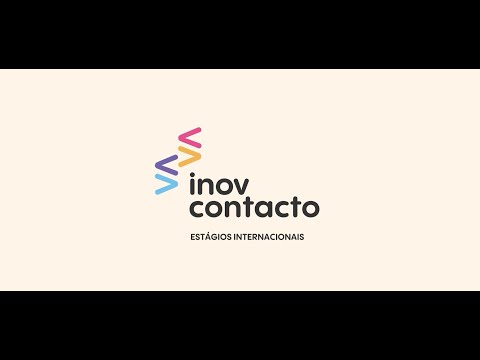
Moldova has joined the European Social Fund Plus (ESF+) as an associated country, allowing organisations from Moldova to participate in projects funded by the ESF+ Employment and Social Innovation (EaSI) strand.
Activities open to third countries
Activities funded by the EaSI strand of the ESF+ are open to the participation of third countries, upon agreement with the European Union. This includes in general any activity under ESF+ direct and indirect management.
Two countries from the European Economic Area (EEA), Iceland and Norway, joined the EaSI strand in 2021 after the EEA Agreement was revised. Serbia and Montenegro joined in 2022.
Three other candidate countries and potential candidates have already confirmed their interest in becoming associated countries: Albania, Bosnia and Herzegovina, and Kosovo*.
Further information on the ESF+
The European Social Fund Plus (ESF+) is implemented under two strands:
- The shared management strand where the budget is spent in partnership with Member States.
- The ‘Employment and Social Innovation’ strand, where the Commission manages the budget either directly (direct management) or by entrusting the implementation to partners (indirect management).
Funding opportunities under the EaSI strand
Under direct management, calls for proposals are published on the Funding and Tender Portal, while procurement of services is published on the eTendering platform.
Under indirect management, the Lithuanian European Social Fund Agency (ESFA) manages the Social Innovation+ Initiative on behalf of the Commission.
This includes transnational calls for proposals to promote social innovation, mutual learning activities, and a European Social Innovation Competence Centre. Funding opportunities are published on the EFTA website.
* This designation is without prejudice to positions on status, and is in line with UNSCR 1244/1999 and the ICJ opinion on the Kosovo declaration of independence.



